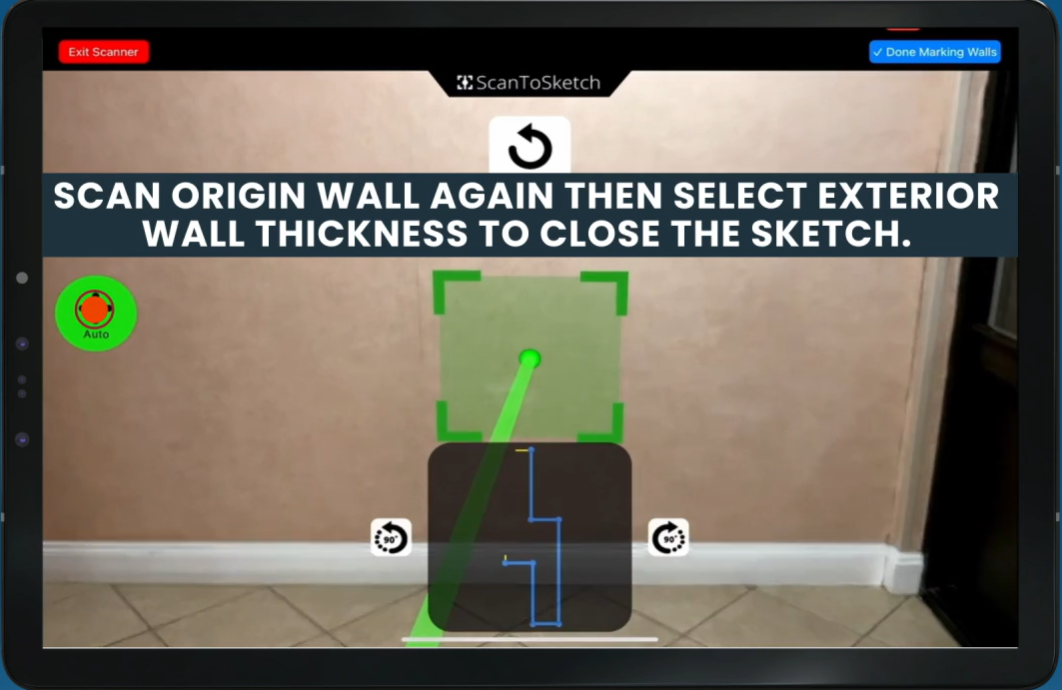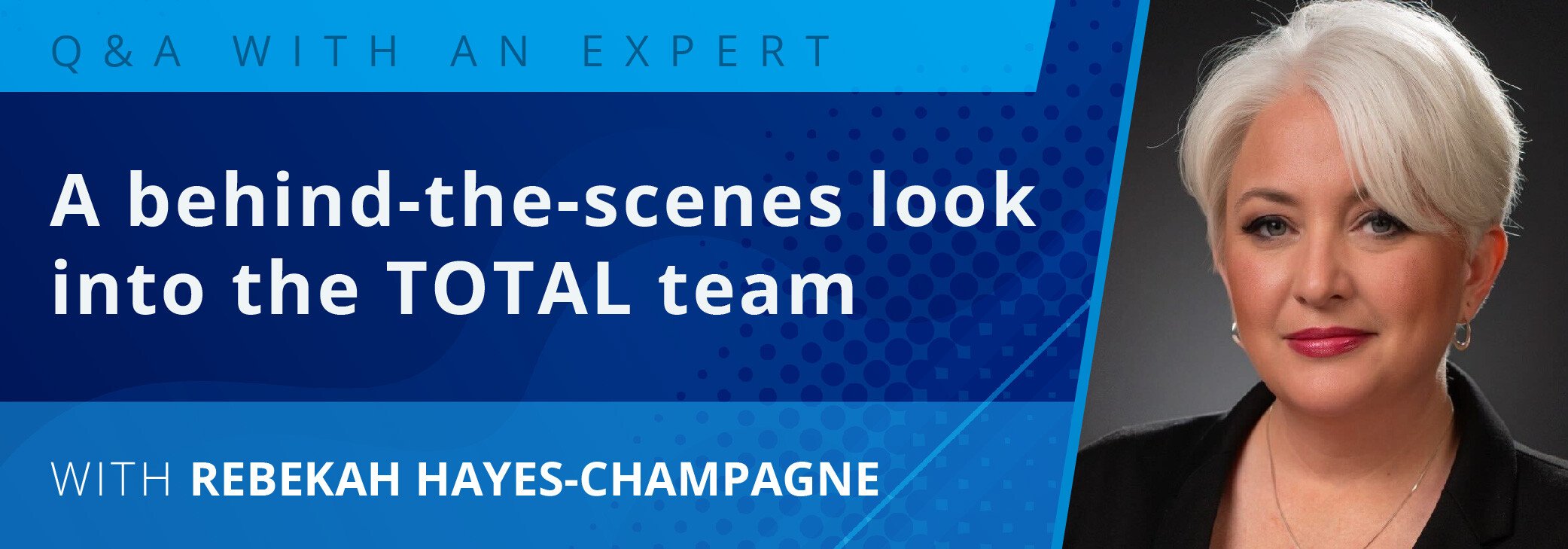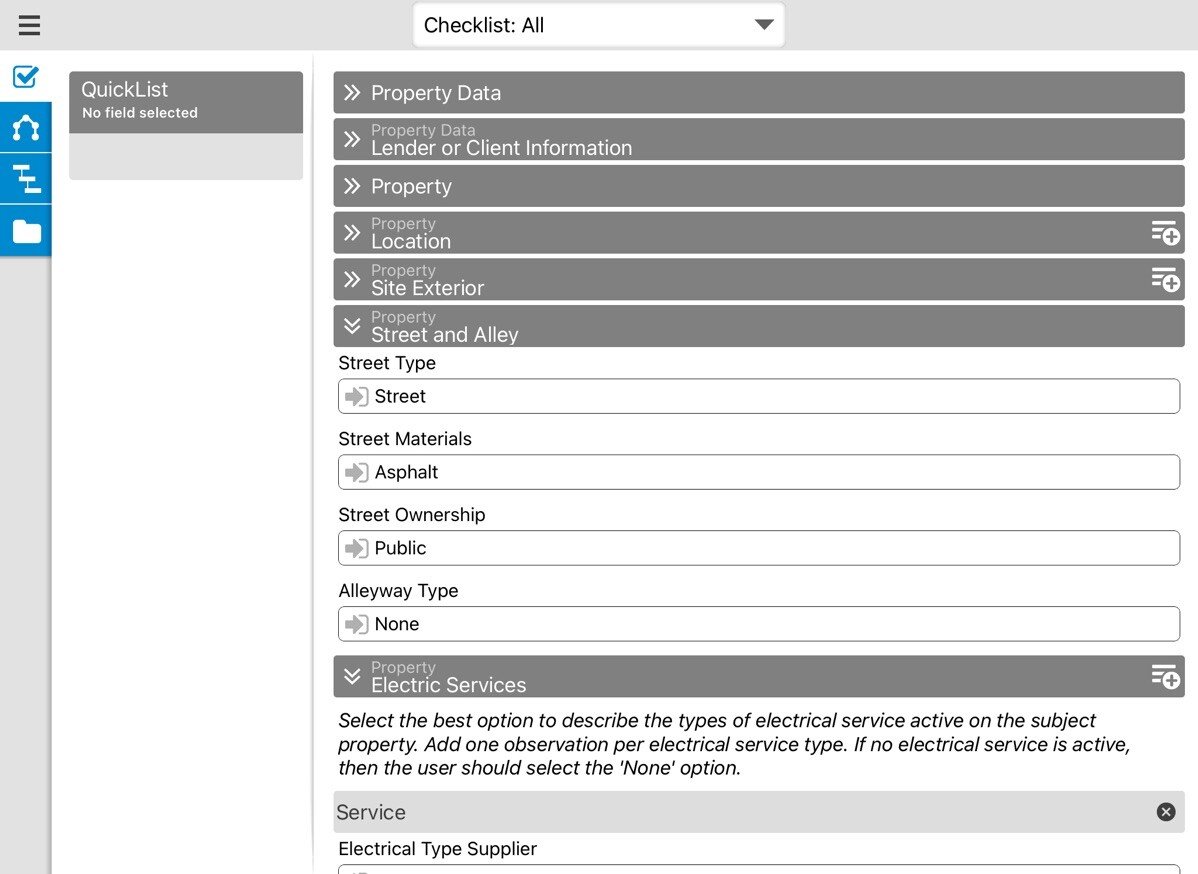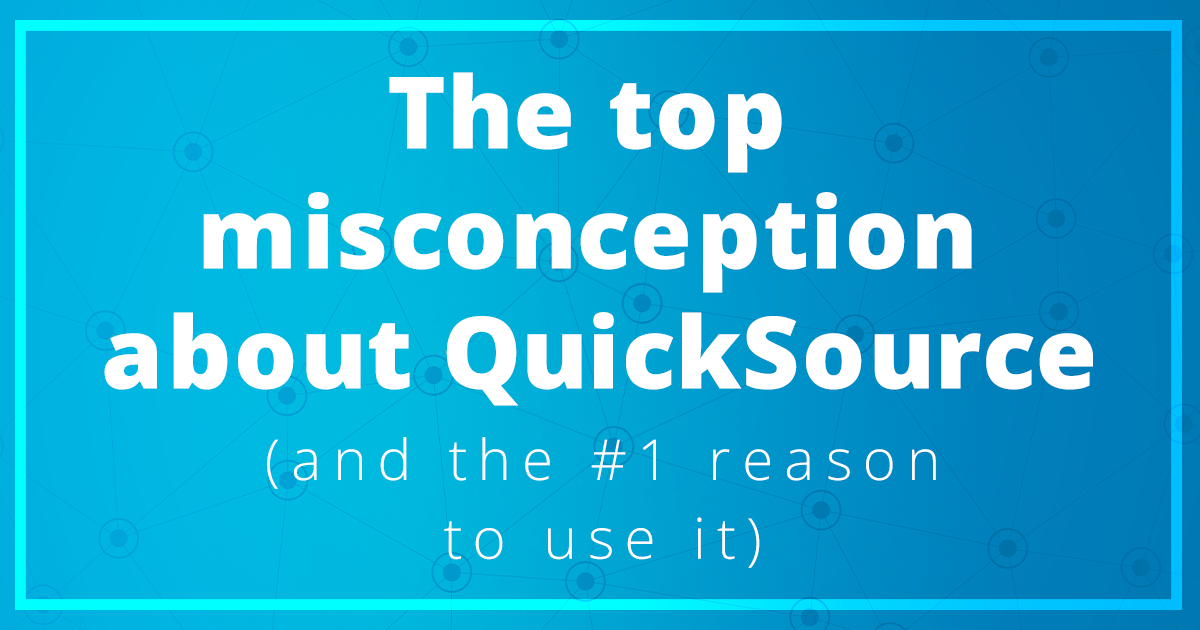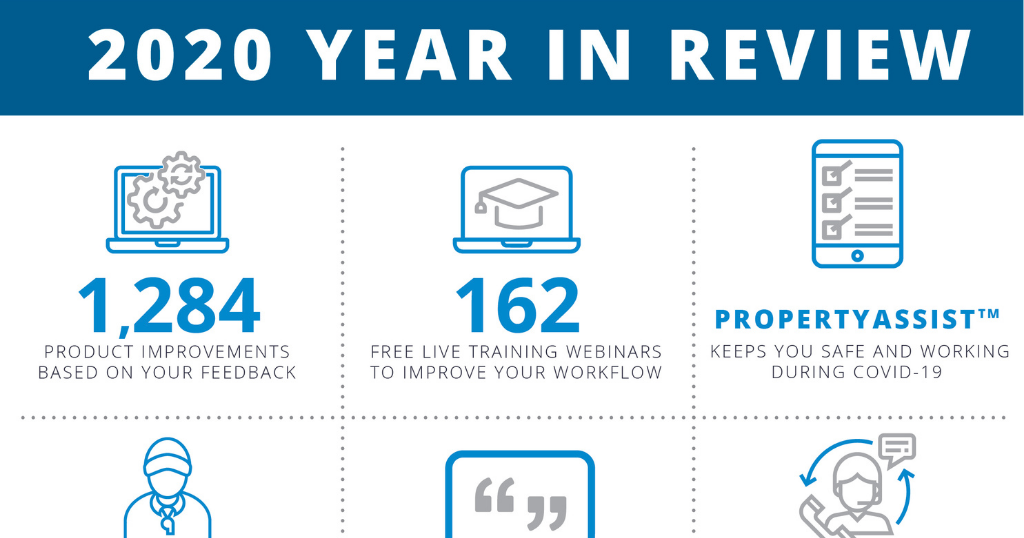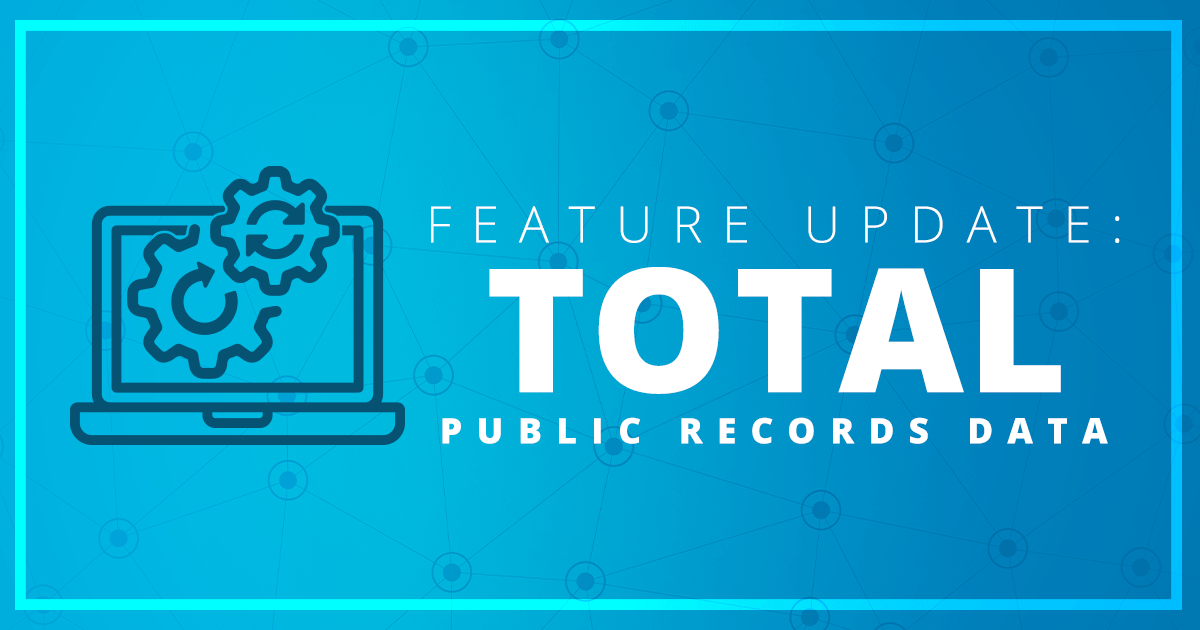This just in: Client pressure is a huge issue and concern for most appraisers. In a recent survey the Appraisal Advocacy Coalition found that when asked about the importance of 14 different issues appraisers rated client pressure the most important of all, tied with data theft. (The AAC is going to summarize its survey findings and report to everyone who took the survey, and we'll run something in the newsletter here, too.)
Recently we've had some insight into how some of the industry's trade groups approach the issue of client pressure on appraisers.
The National Association of Mortgage Brokers (NAMB) recently amended both its Code of Ethics and Best Practices to address pressure on vendors like appraisers and title companies. "Members shall not pressure any provider of services, goods or facilities to circumvent industry professional standards," a new section of the group's ethics code reads. "Equally, members shall not respond to any pressure placed upon them."
A new part of its Best Practices reads, "Members shall not engage in or respond to any pressure or influence from any party that seeks to circumvent professional industry standards, guidelines, rules or regulations in a mortgage transaction. We have the right to participate with all providers of services so long as it is within the scope of industry professional ethics and standards."
The sentiment is admirable but the question that pops into most appraisers' heads is, are the mortgage brokers going to be taking classes to learn USPAP now? Otherwise, how will they know what does and does not circumvent industry professional standards?
TAVMA, the Title/Appraisal Vendor Management Association, which represents many Appraisal Management Companies, has long opposed defining pressure on appraisers in terms of "intimidation" or "influence," preferring stricter terms like bribery, extortion and coercion. It supports a definition of lender pressure to that effect in federal bills addressing mortgage fraud.
While the implied promise of future work if you "play ball" and the implied threat of blacklisting if you don't might amount to "bribery" or "extortion" if you have a better lawyer than the other guy, these terms don't address the vast majority of client pressure situations today. How about the simple scrawled fax that says "I need XX on this report, if you can't get it call me before proceeding." Bribery? Extortion? Coercion? Not in the textbook, no, but obviously improper pressure.
The Mortgage Bankers Association (MBA) recently published an issue paper on "Fraud Perpetrated Against Residential Lenders," which includes (when you think about it) the case of production staff trying to inflate an appraised value to close the deal. "MBA believes that increased enforcement, better communication, and further innovation is required in order to adequately protect the industry, as well as consumers, taxpayers, and communities, from the costs of mortgage fraud," the group says. The MBA favors more FBI agents being dedicated to investigating mortgage fraud.
The Appraisal Institute in its 2006 Issues Report advises that "while communication between an appraiser and a client is important, it is unacceptable for a predetermined value to be required of an appraiser to maintain a business relationship." Its solution is to support H.R. 1295, a bill in Congress meant to address predatory lending. Problems: H.R. 1295 includes the magic words "coercion, extortion or bribery," limiting the definition of pressure. And Congress last took action on H.R. 1295 14 months ago.
The lesson of all this? Everyone knows client pressure is a problem, but the various groups have their own members' interests first and foremost. That's how it should be. You would expect mortgage brokers to be concerned that calling the appraiser and asking about the comps that were used not be considered undue pressure. You would likewise expect AMCs to want to be able to hold the carrot of future business in front of its fee panel so long as no extortion is taking place.
The solution to client pressure won't be found until appraisers have a closer, not more distant, relationship with the underwriters they're really working for. And it will take equal parts public relations and regulations to make investors, agencies and economy watchers realize where the problem starts and where it lies.



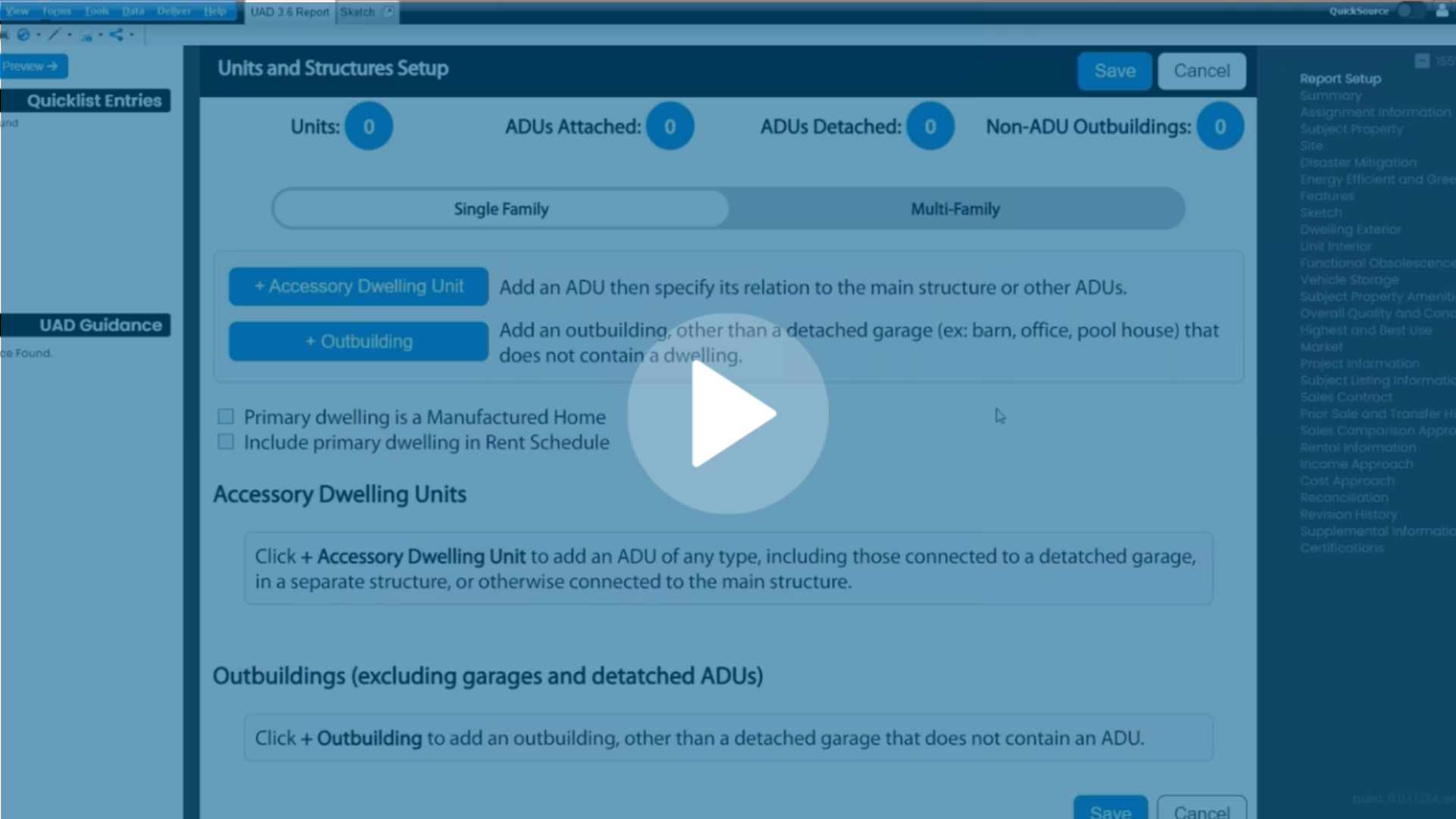
.png)

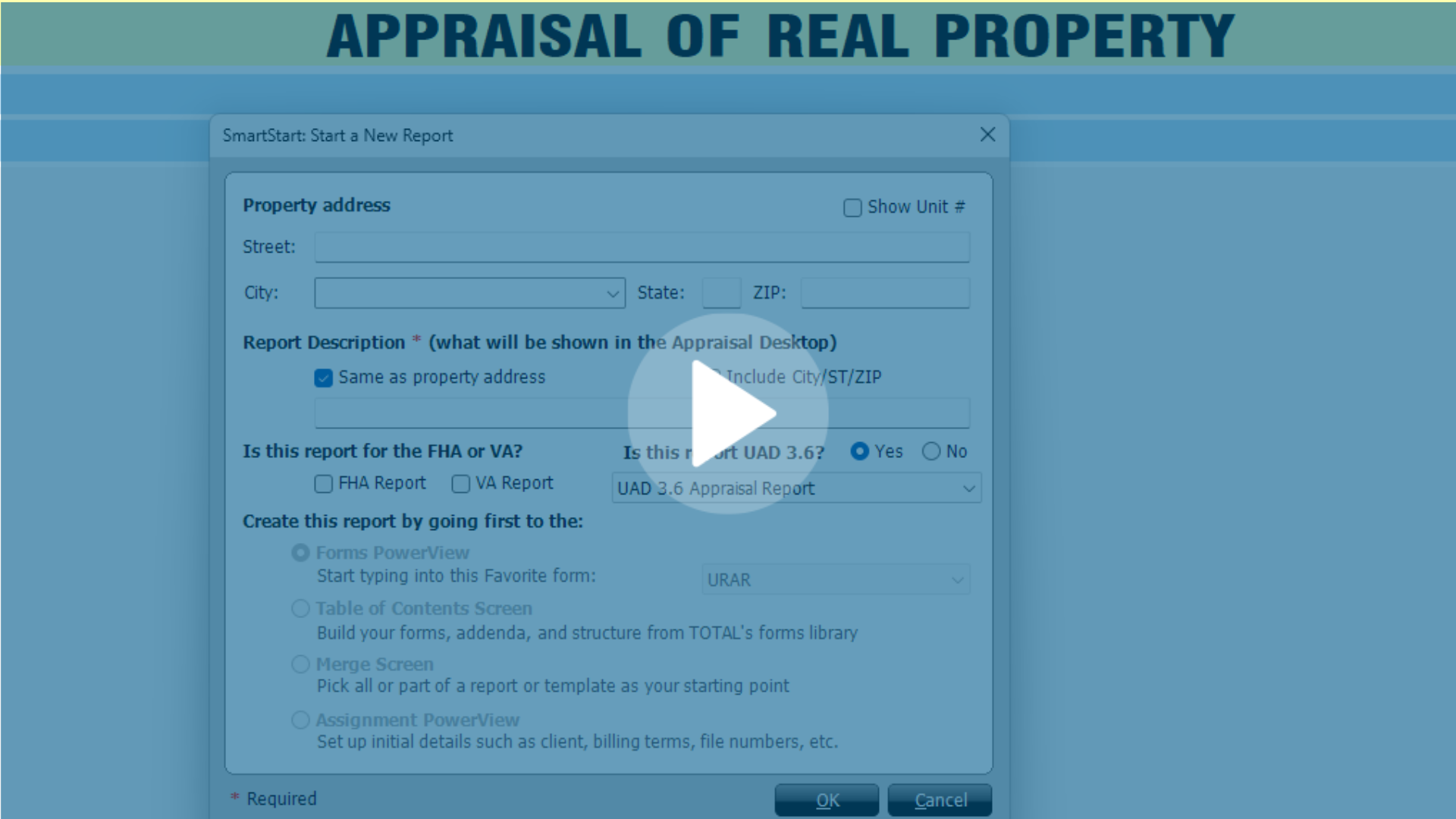


.png)
-1.png)
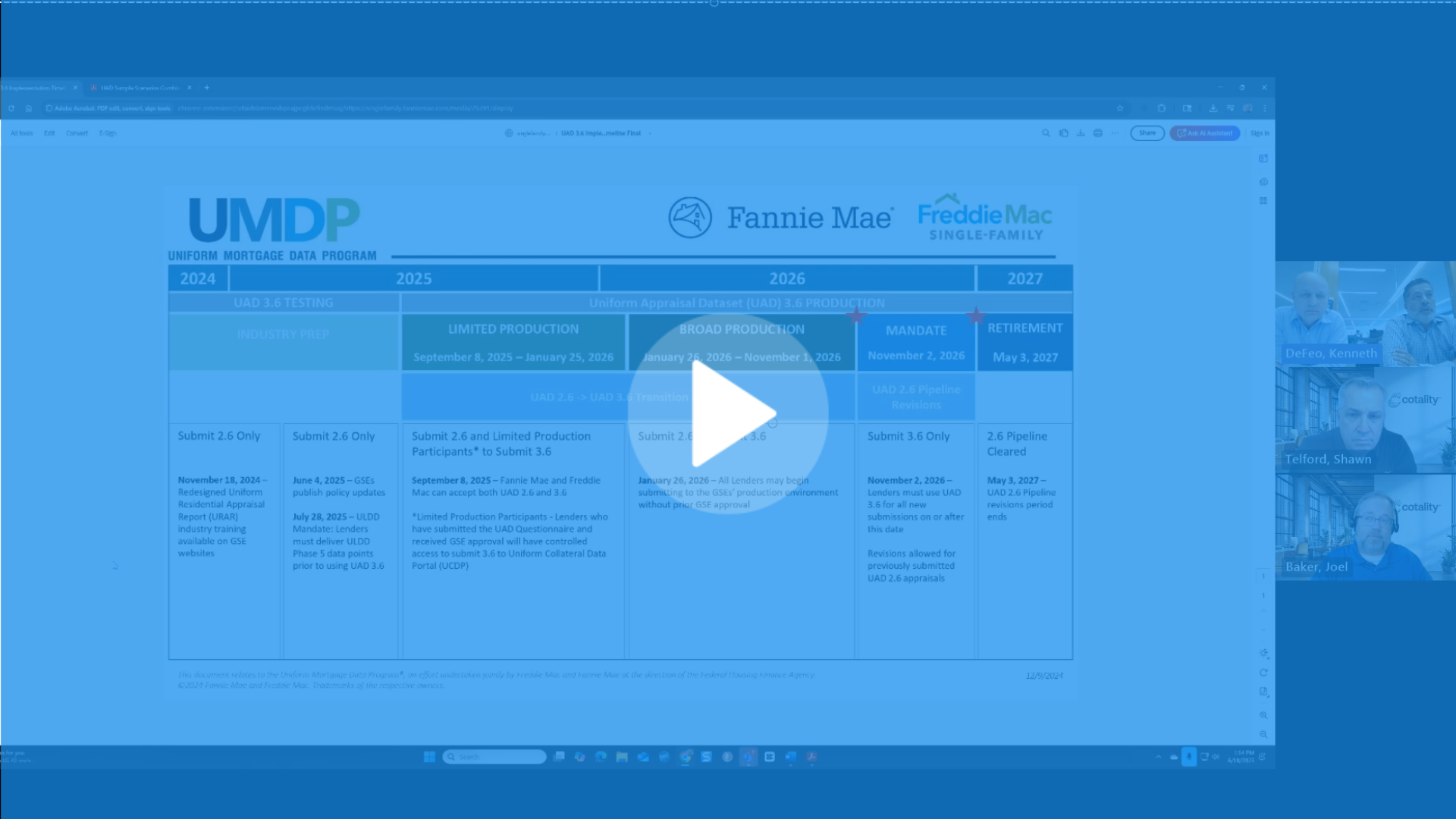
.png)
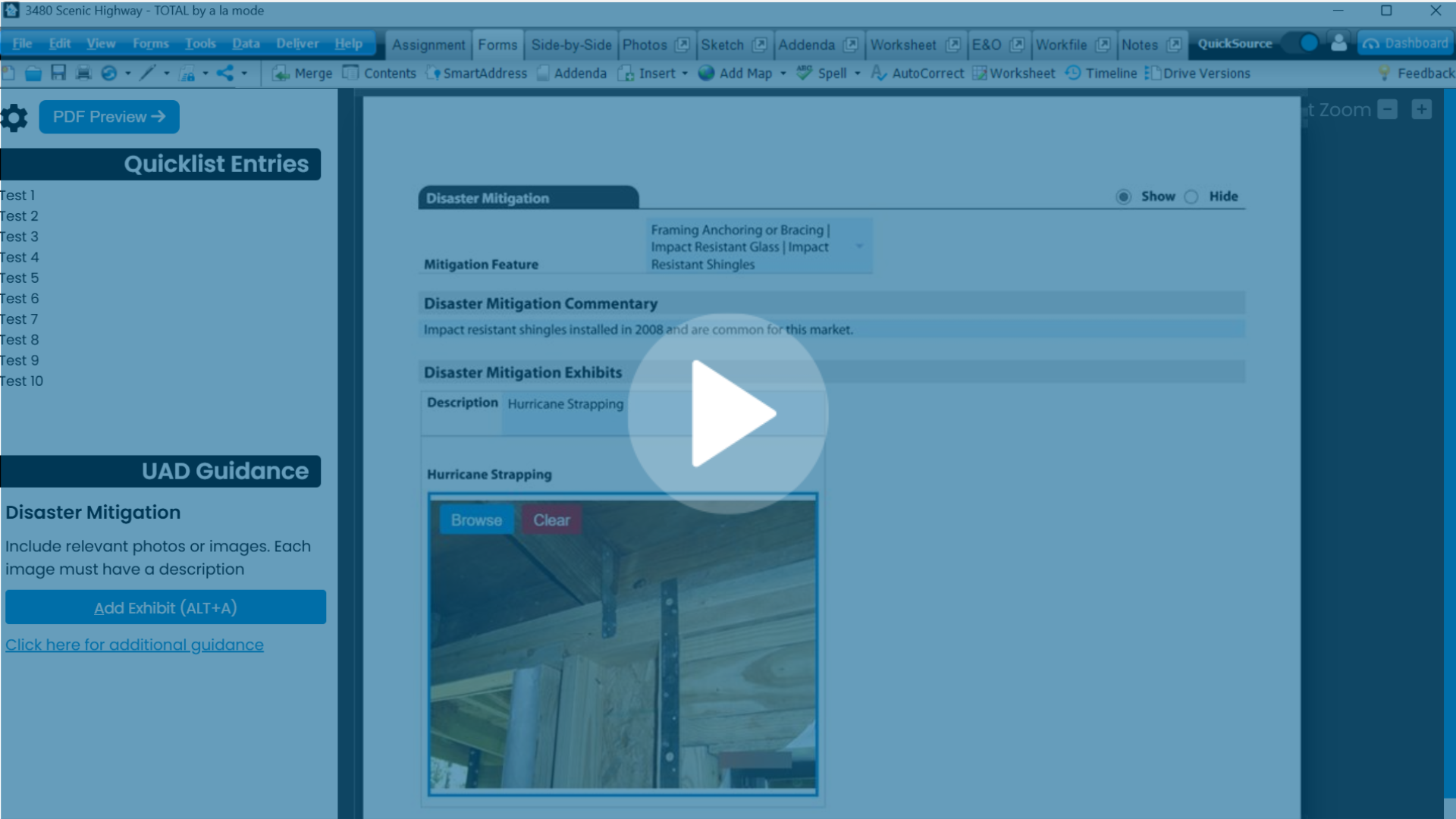
.png)
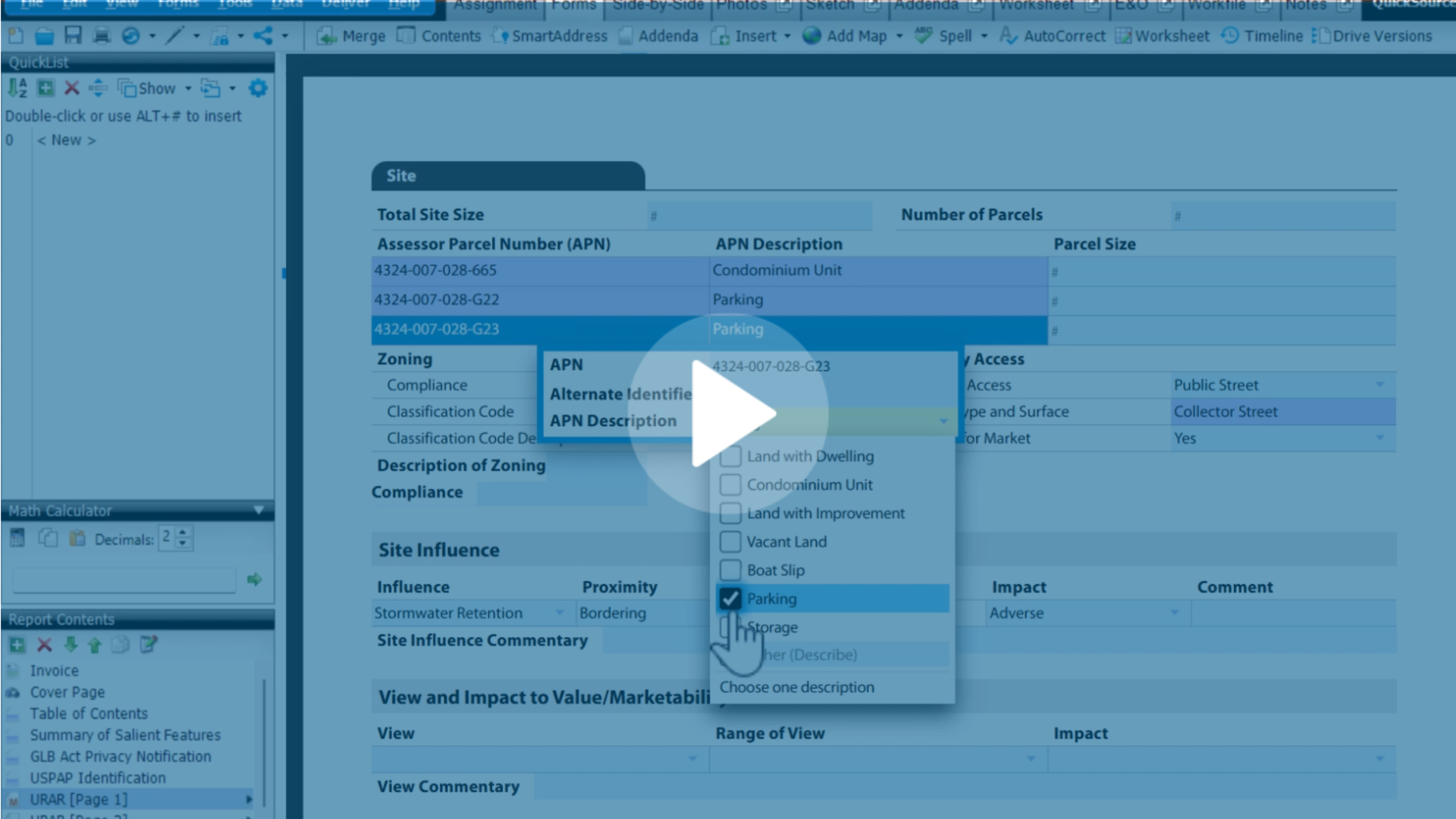
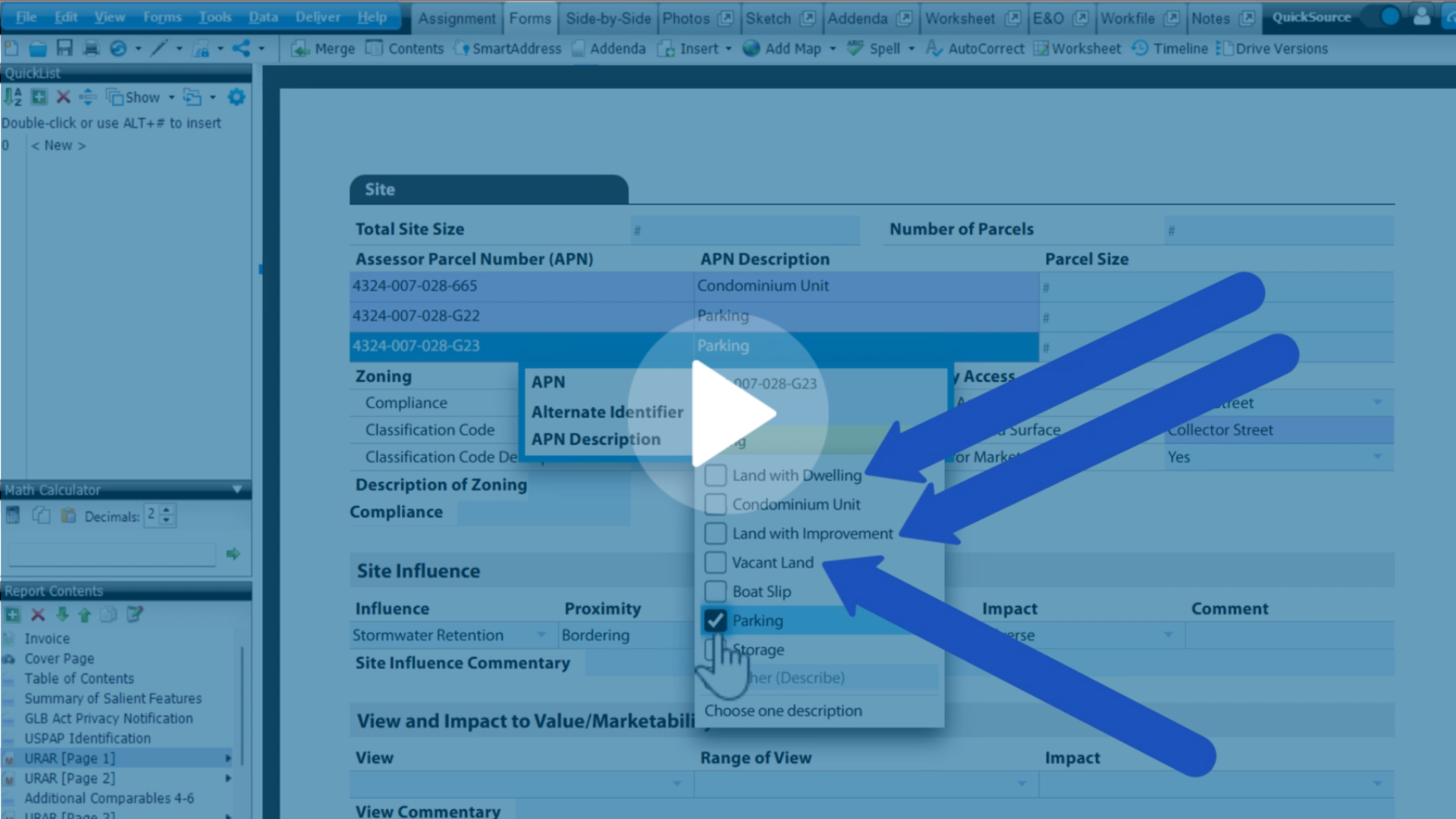
.png)
.png)
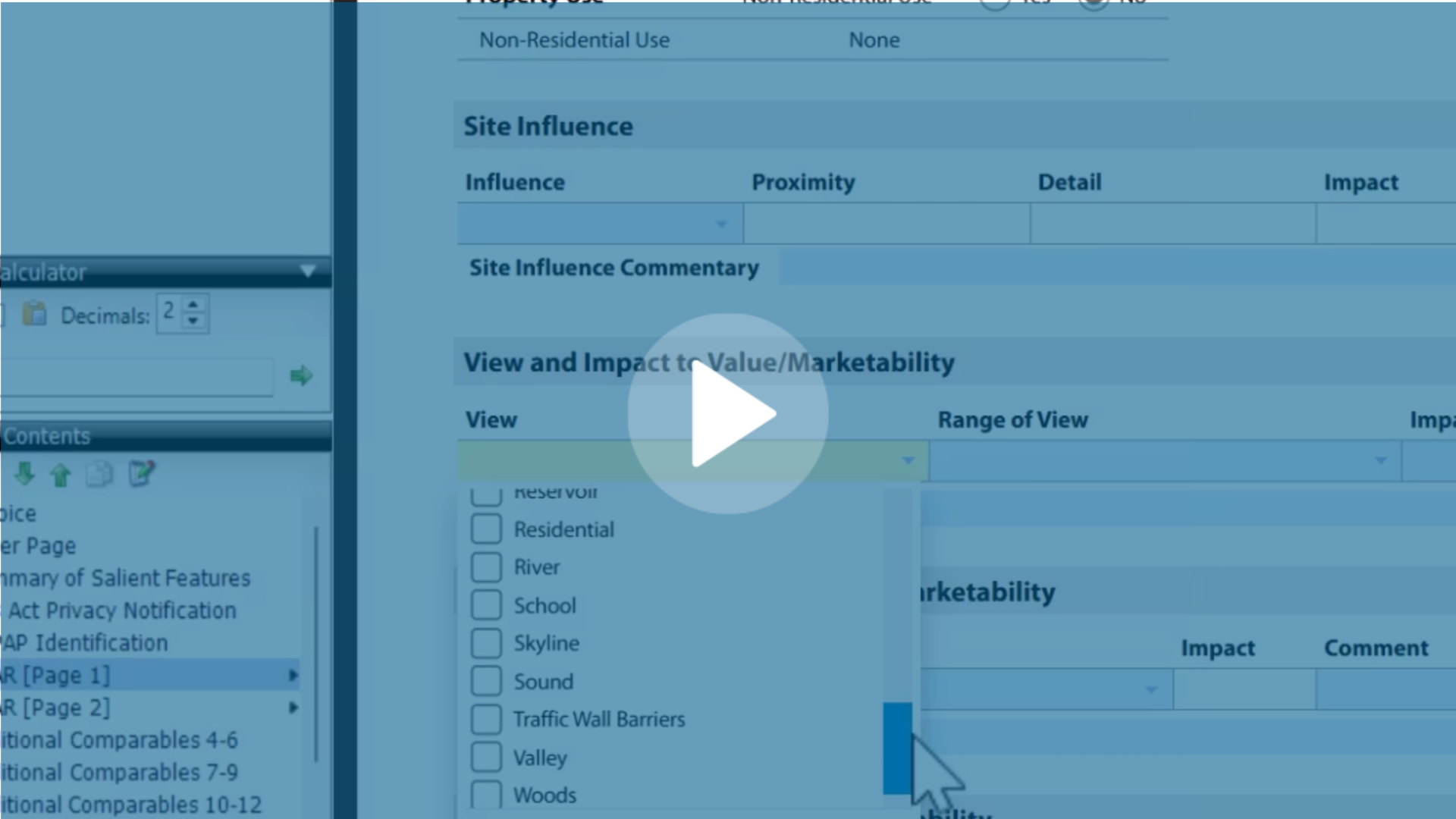
.jpg)
.png)
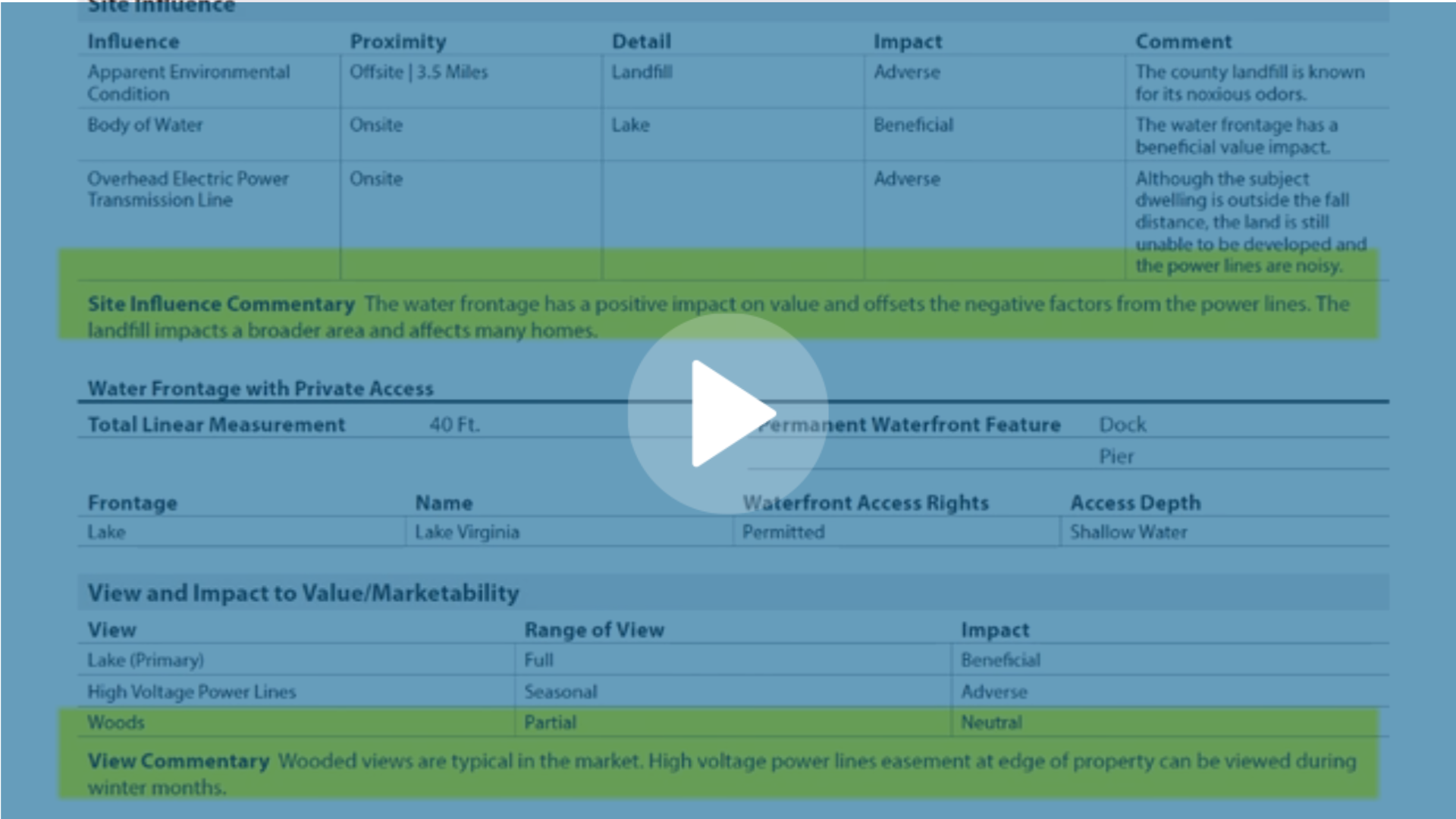
-1.png)



